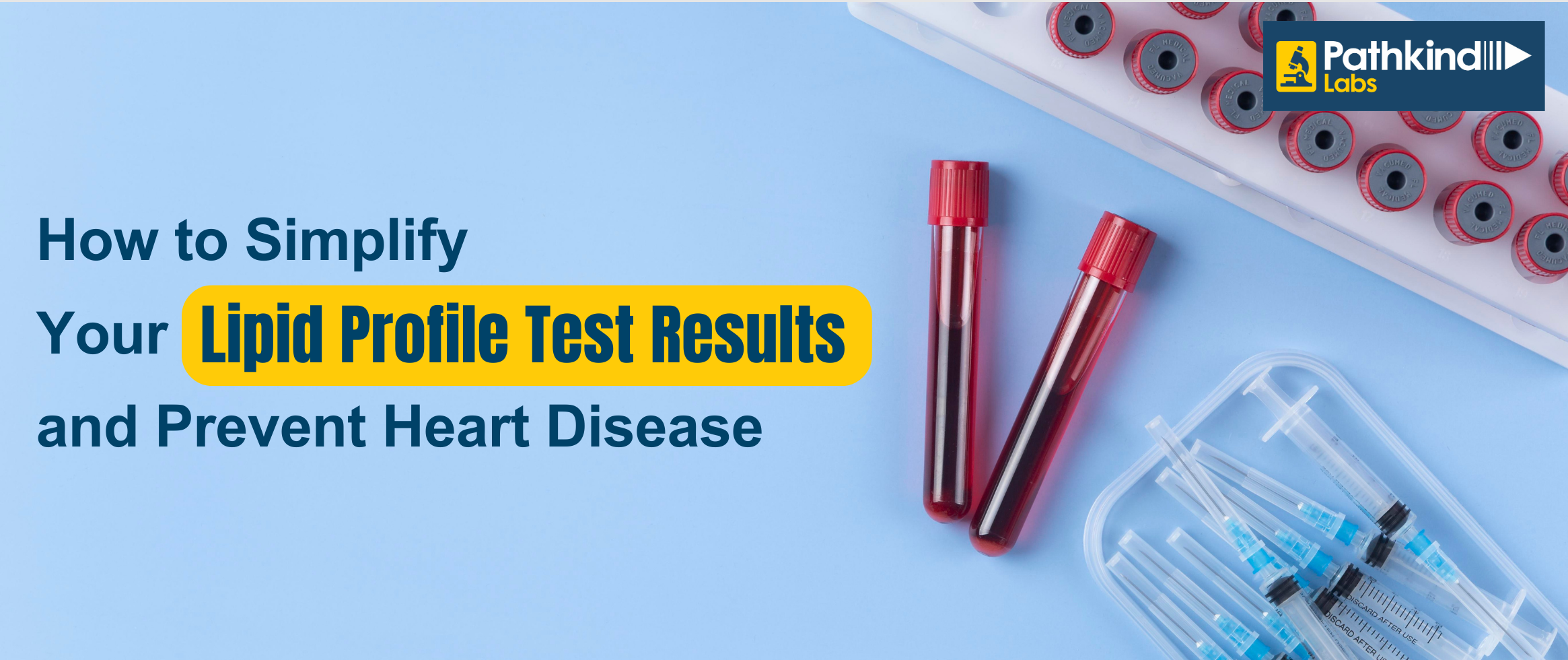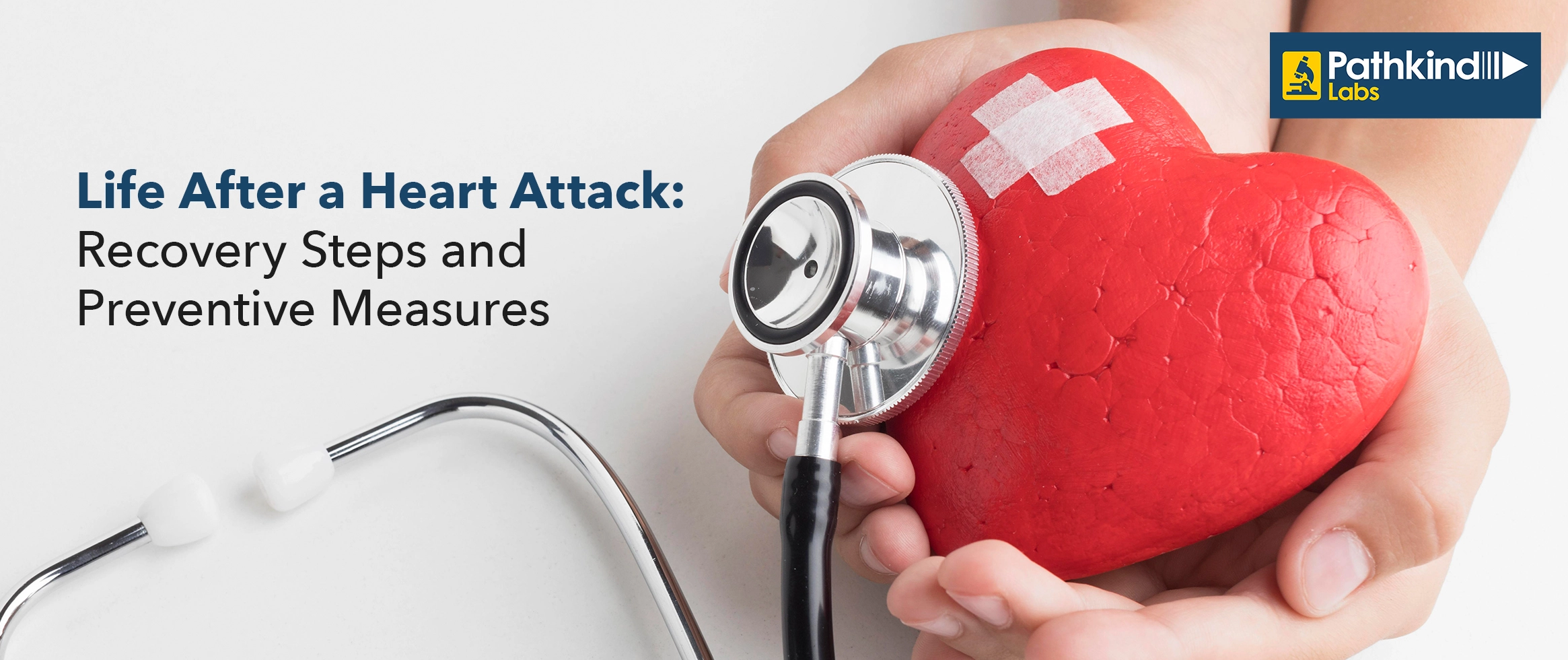Total Cholesterol

Gender for
Male, Female
No special preparation required

Sample Type
Serum
Test Overview
The Total Cholesterol test measures the overall level of cholesterol in your blood, a crucial indicator of heart health. Cholesterol is a type of fat that plays an essential role in cell function but can pose health risks at elevated levels. The test evaluates the sum of different types of cholesterol, including LDL (bad cholesterol) and HDL (good cholesterol), helping to assess your risk of heart disease.

 NABL approved
NABL approved Labs
 Most Trusted by
Most Trusted by Doctors
 Accuracy &
Accuracy & timely reporting
 Widest Range
Widest Range of Tests
Test Details
Frequently asked questions
The Total Cholesterol test measures the sum of all types of cholesterol in your blood, including LDL and HDL, to assess cardiovascular health.
Yes, fasting for 9-12 hours is generally recommended for accurate results. Only water is allowed during this time.
A healthy total cholesterol level is typically below 200 mg/dL, with higher levels indicating an increased risk of heart disease.
Results are typically available within 24-48 hours after sample collection.
Yes, the Total Cholesterol test can be booked online with Pathkind Labs for home collection or at a nearby center.














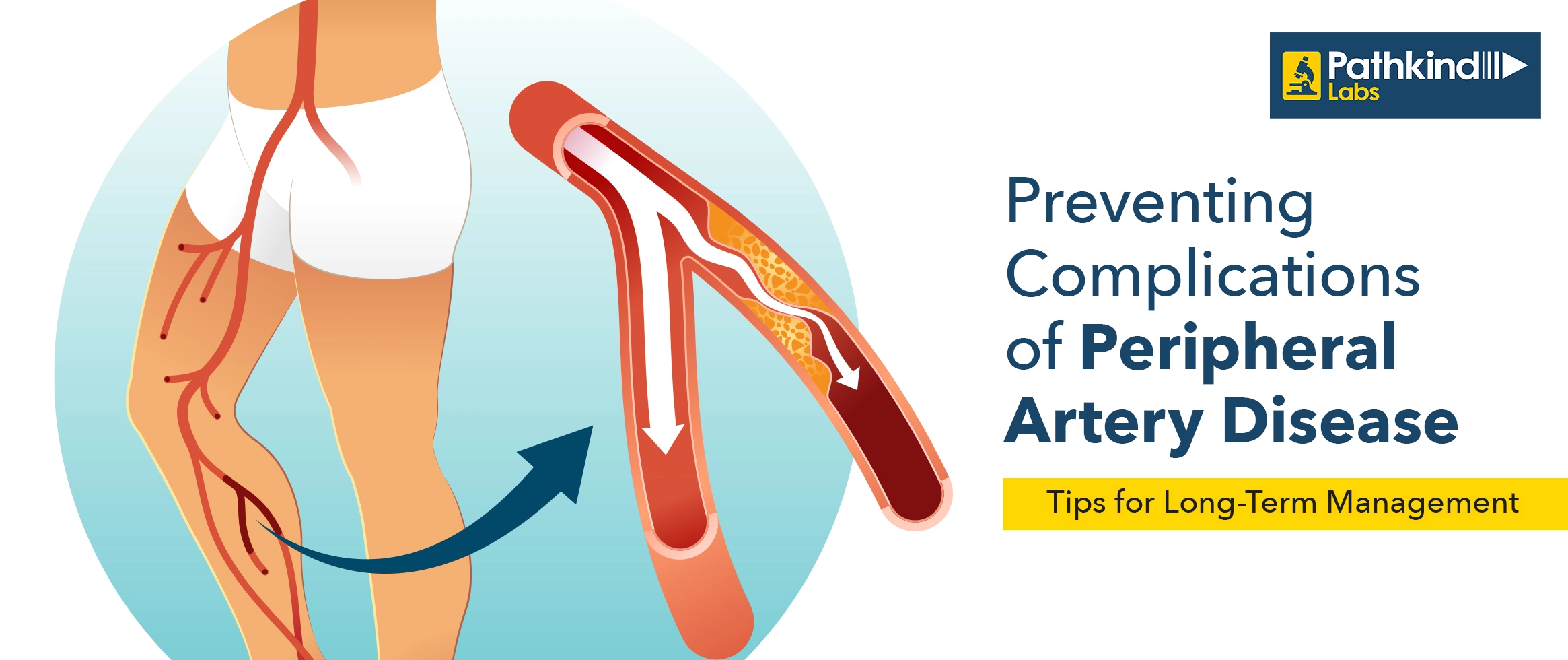
.webp)

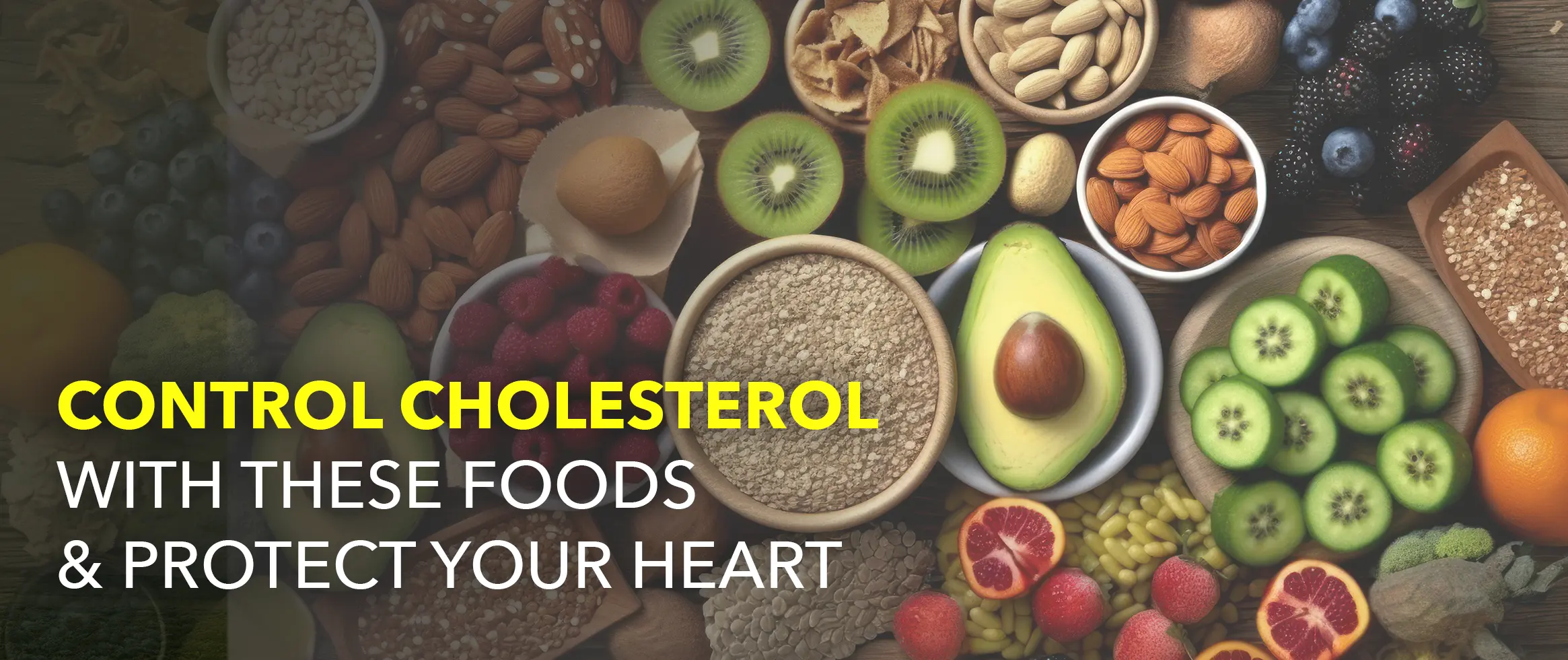



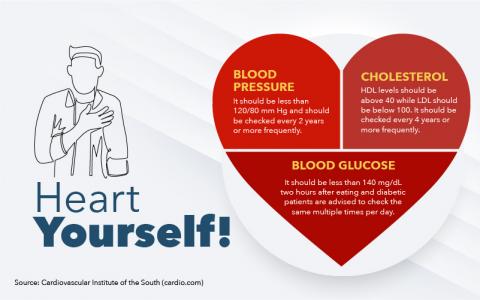

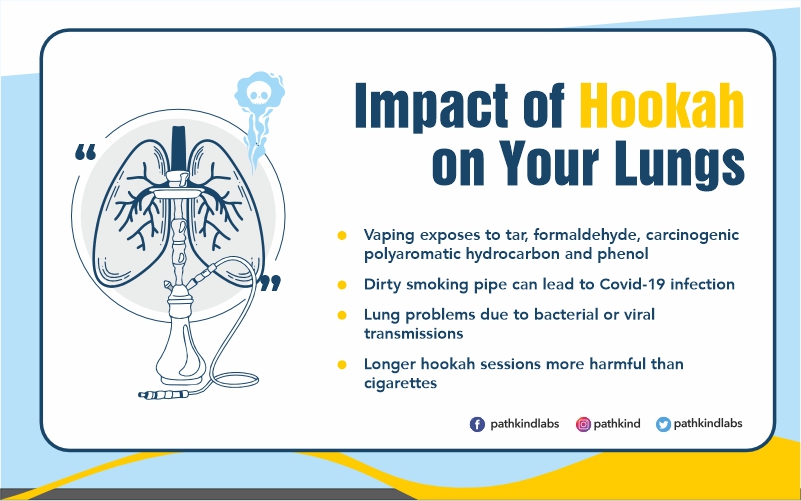
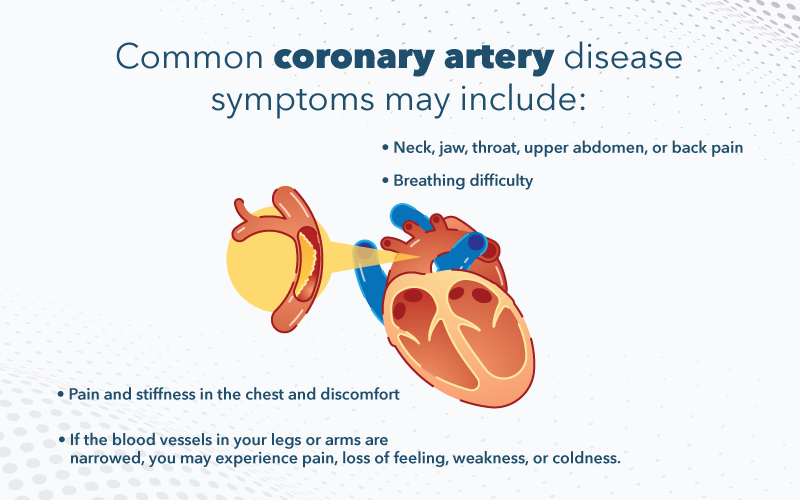



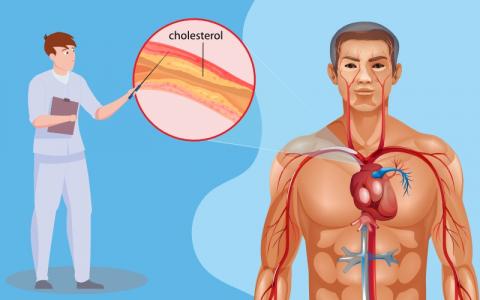
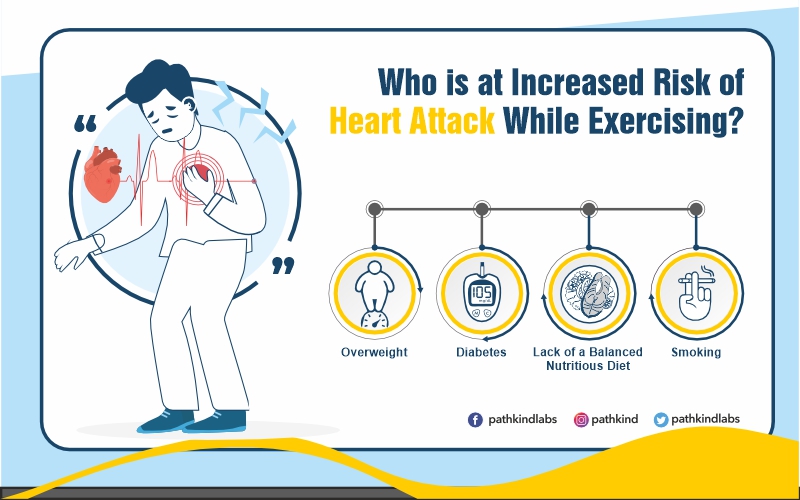

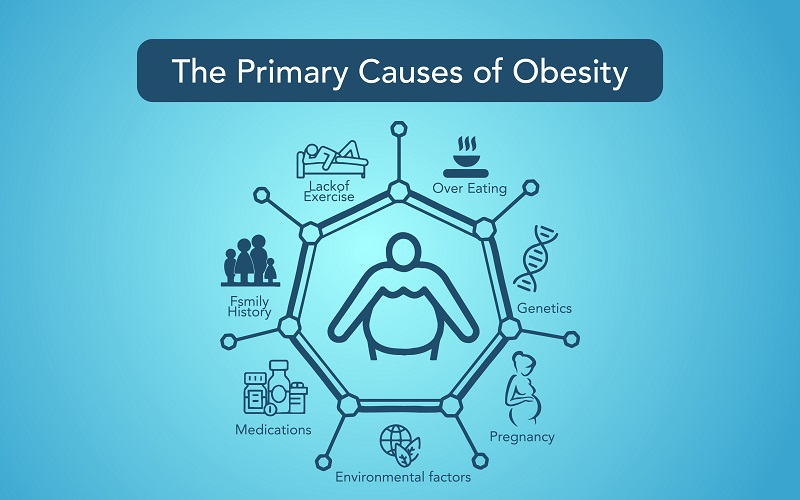

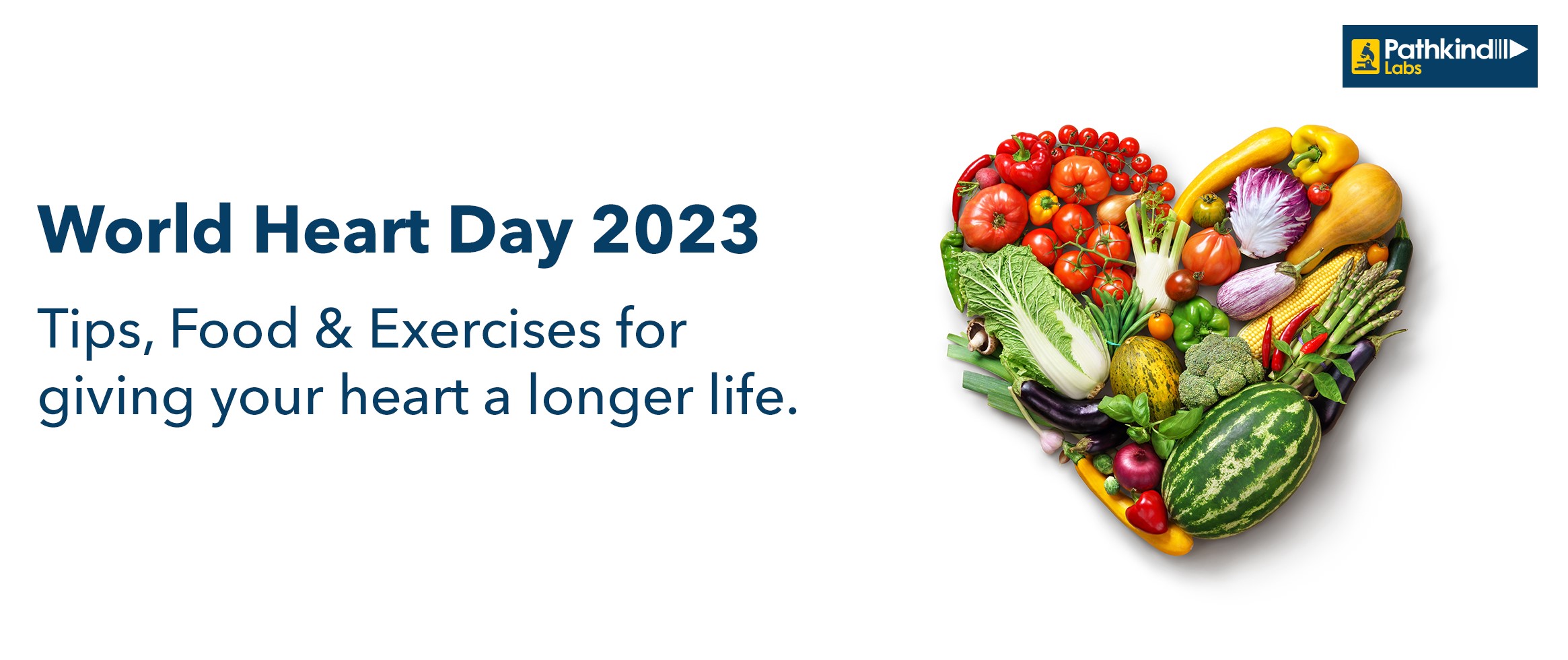
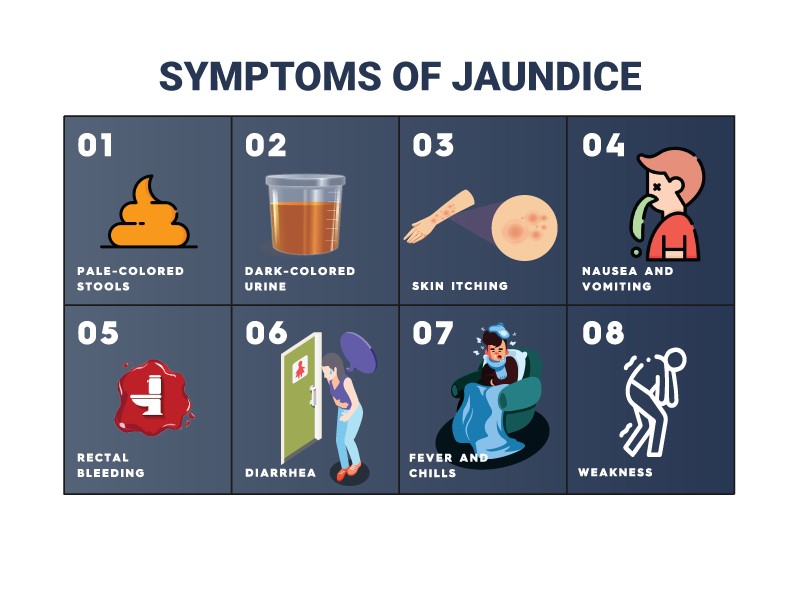
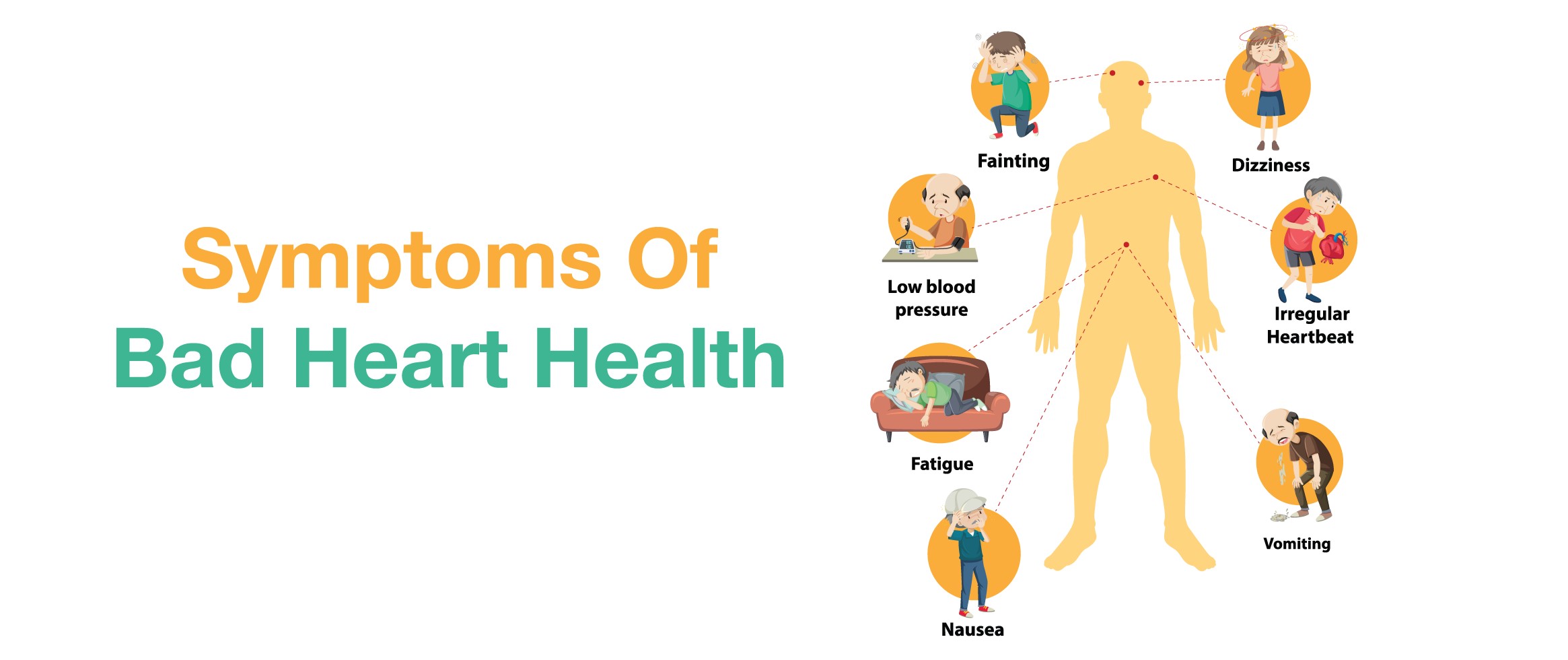
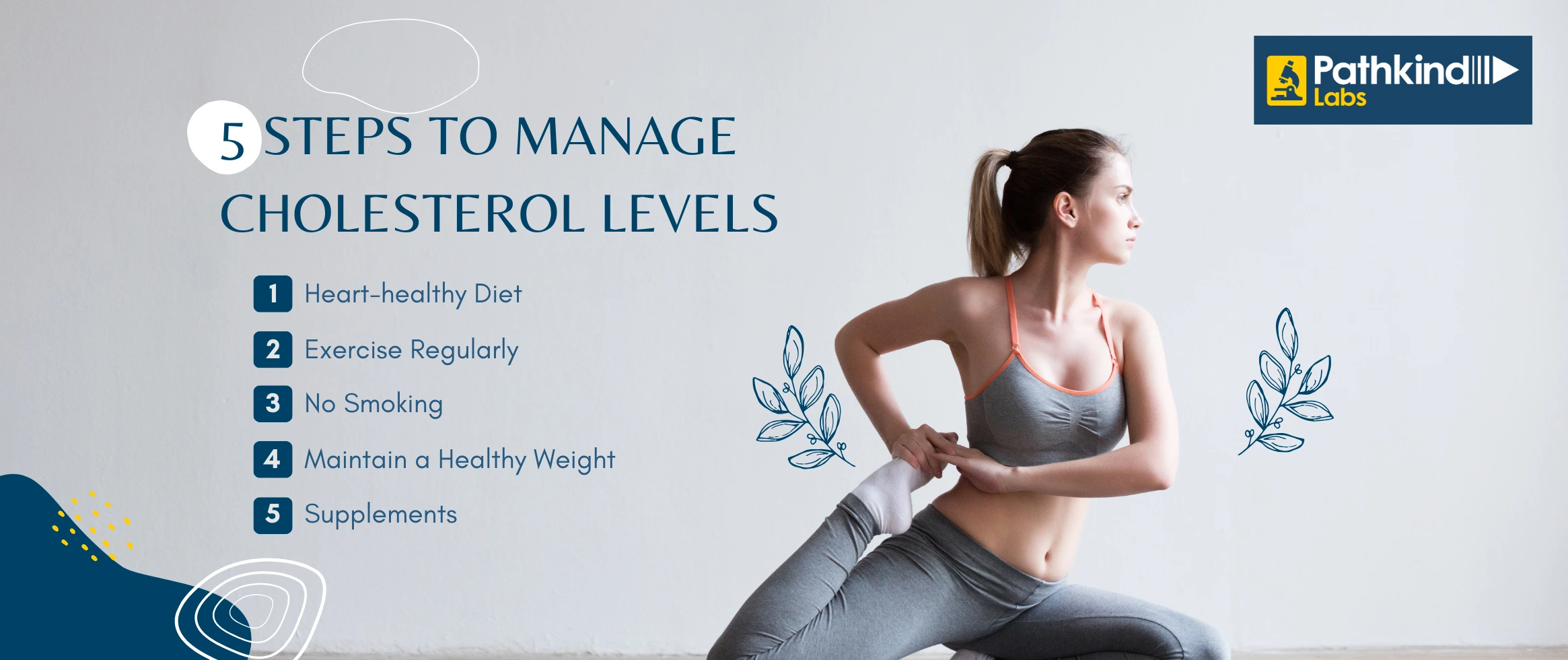
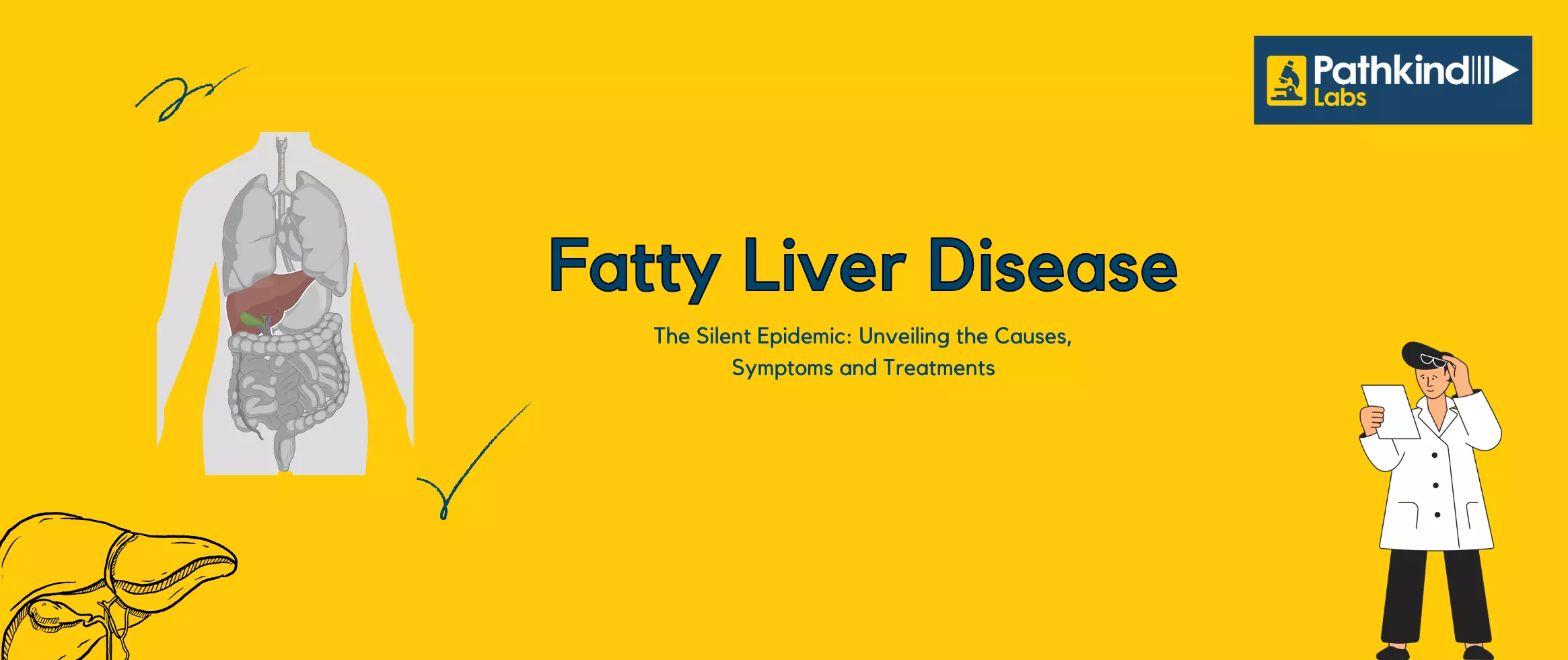



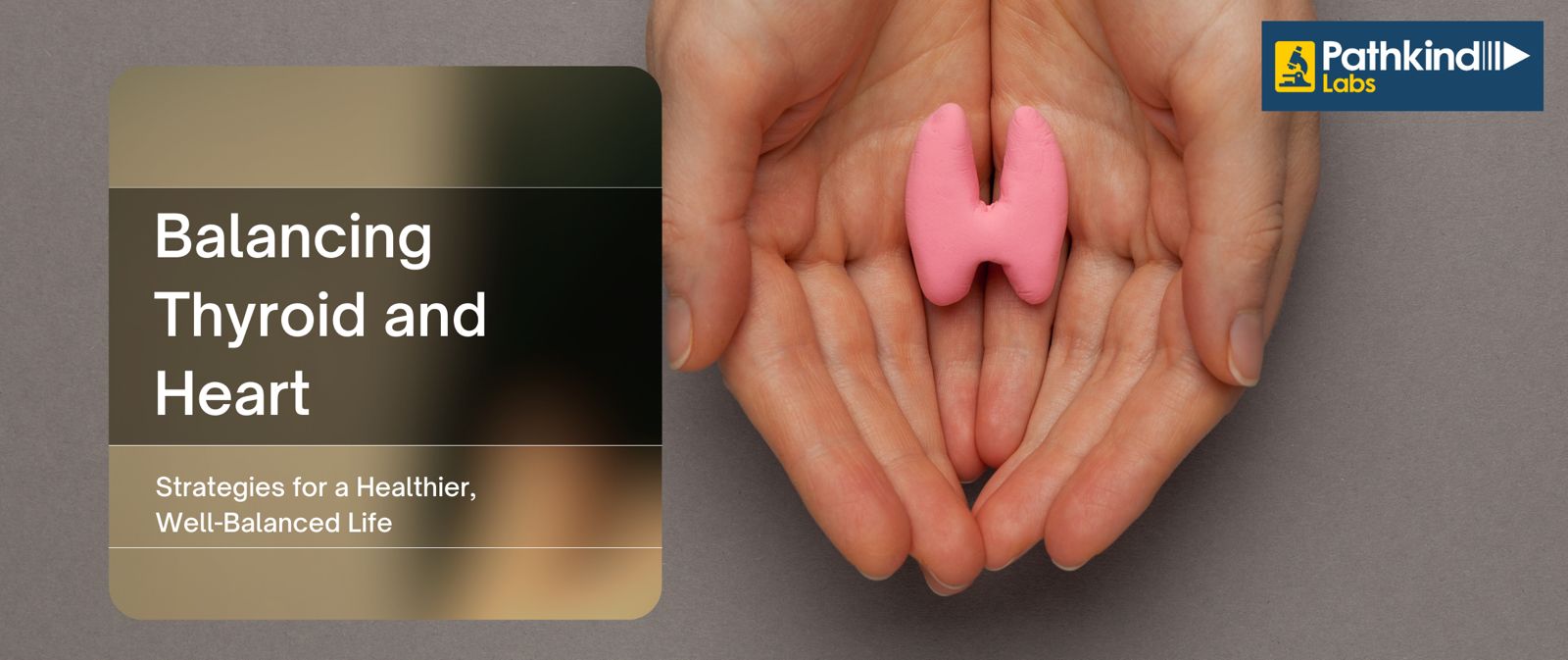

.png)
